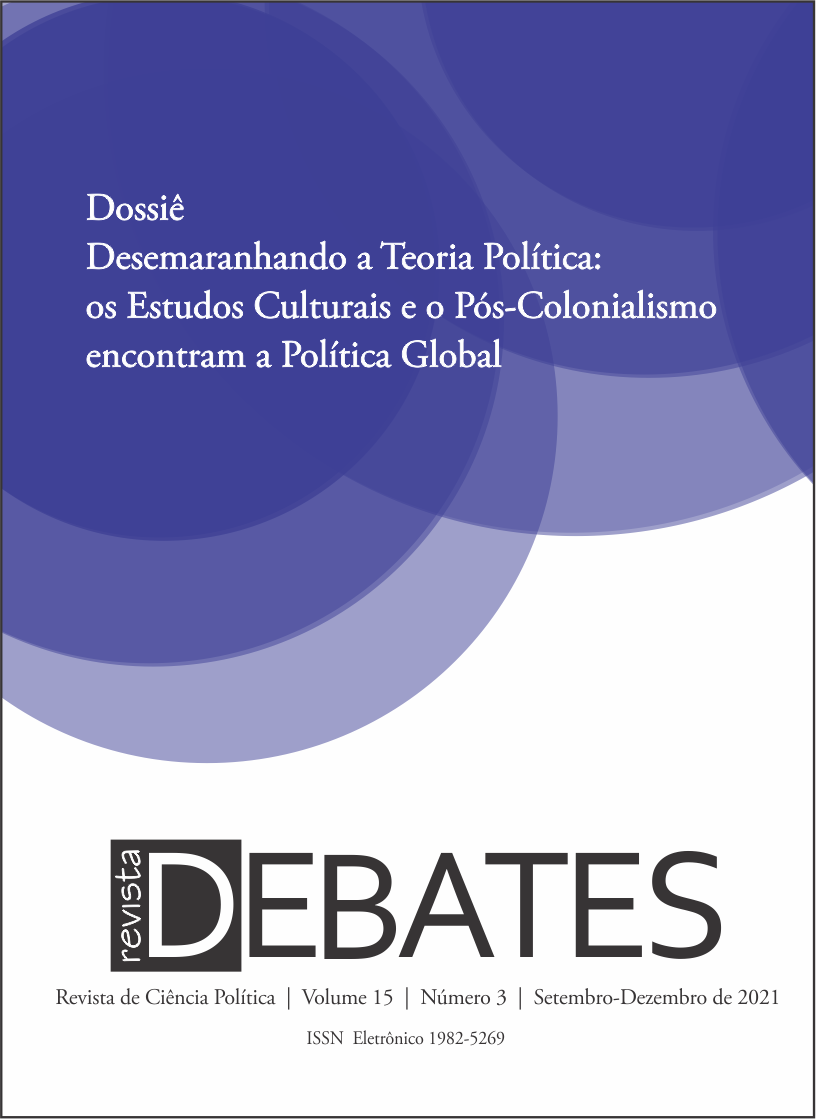Critical junctures and the limits of historical neo-institutionalism
DOI:
https://doi.org/10.22456/1982-5269.110526Keywords:
Institutional Change, Critical Situations, Political power, Latin AmericaAbstract
In the last forty years, the renewed interest in the study of institutions has opened an opportunity to consider the importance of power asymmetries in politics. However, historical neo-institutionalism does not convincingly address this issue, and the heuristic tools developed to understand institutional dynamics are part of the problem. Here we analyze the concept of critical juncture, used to illustrate stages of major institutional changes. Critical junctures overestimate the role of contingent factors in institutional development, and underestimate that of power. Two analogous concepts, bounded change and focal institutionalization, are proposed in order to illustrate processes where power asymmetries play a determining role in institutional development.Downloads
Download data is not yet available.
Downloads
Published
2021-12-22
How to Cite
Traversa, F. (2021). Critical junctures and the limits of historical neo-institutionalism. Revista Debates, 15(3), 172–202. https://doi.org/10.22456/1982-5269.110526
Issue
Section
Articles



